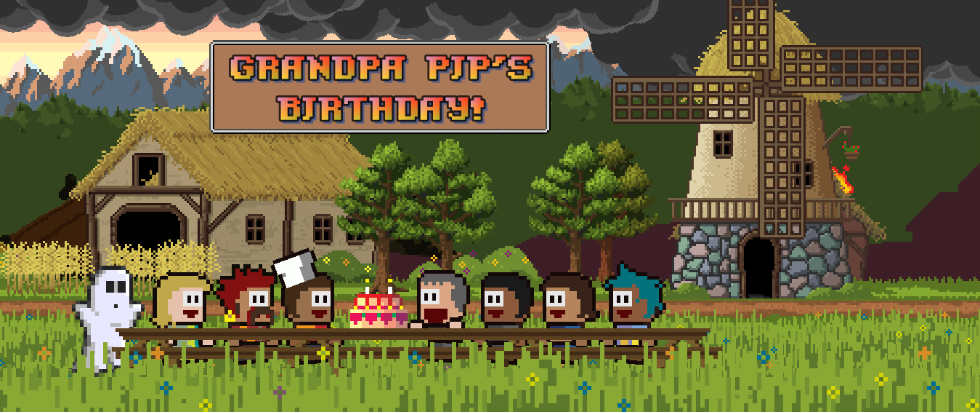
The Beautiful Lies of 198X
Video games are often cited as a means of escapism, an entertainment medium you go to in order to lose yourself in and forget about the troubles of the world at large. And while that’s an overly reductive way of looking at games, it’s undeniable that that’s one facet of the form. It’s why you hear about games being immersive all the time – losing yourself in a game is seen as a virtue. Sometimes we need to escape to somewhere else, where even though the stakes seem higher, there’s very little consequences for you in the real world except loss of time. But even then, the goal-oriented nature of most games allow us to feel like we’re progressing even when we really can’t. Feeling stuck in life can be absolutely debilitating, but at least in games, we can see the goal and make it there. This is the crux of what 198X is about: taking control when you have none.
198X is about finding a way out where there is none. You play as Kid, someone who feels stuck in life. They live in the suburbs and feel trapped there due to many circumstances. In the distance is the city, which represents the freedom that Kid desperately wants to find. But there is no way out for them – at least, not one on the horizon. Being able to see the outside but not connect with it is torturous for Kid, and they become cynical and withdrawn in the process. But they never stop dreaming about a better life, because how can you when the city, the representation of freedom they yearn for, is right in front of you the whole time?
For Kid, emancipation comes when they find an underground arcade and start playing video games. It’s here where the gameplay of 198X is revealed to be a compilation of fake arcade games in the same vein as something like Retro Game Challenge. Here, though, instead of a threadbare meta story tying the games together, 198X is fully a narrative game. In between segments with the fake games you play, you’ll get narration from Kid. Much like the narration in Bastion made that game, here the narration from Kid interweaves the games with their frustration with life and provides context for their escapism: If you keep trying, you’ll eventually win.
In arcade games, you almost never get a final Game Over screen without a prompt to insert more coins to continue where you left off. The sound of a quarter entering a machine instantly sets the tone as you play the first fake game, Beating Heart. When you die, you just put another quarter in the machine and keep going, just like a real arcade machine. The same is true for the rest of the fake games you play, though they restart you at checkpoints instead of from where you left off. Still, the lesson is clear: Continued effort will pay off.
Of course, we all know this philosophy is a lie. All the effort in the world isn’t getting Kid to the city. Too many other factors are likely at play, including family strife and socioeconomic status. Hell, the metaphor of inserting quarters to keep going in a game falls apart when you realize that you’ll eventually run out of quarters, while other people will run out much slower than you. Still, it’s an appealing fantasy to lose yourself in, one where you feel like you’re accomplishing something. More importantly, though, it’s a fantasy that can help stave off feelings of helplessness to some degree by letting you gain little victories in the games you play. You may be stuck in a less than ideal situation, but at least you can get to the end of that sweet shmup you’ve been playing. Eventually, you’ll succeed. Even as an illusion, that’s valuable to experience.
Kid’s experiences aren’t that much unlike many players’ experiences with games. Everyone has frustration with some aspect of their lives with barriers that they can’t overcome. The beauty of games is that they can make us feel like we can overcome even if now isn’t the time. 198X ends with a To Be Continued stinger, and that’s a beautiful way to punctuate Kid’s story because it’s not over. Our stories aren’t over. We will find a way to overcome eventually, lie or no. And the little illusory victories games provide us with stoke the flames of our inner fires as we reach our own cities, whatever they may be. Because freedom is just over the horizon.





